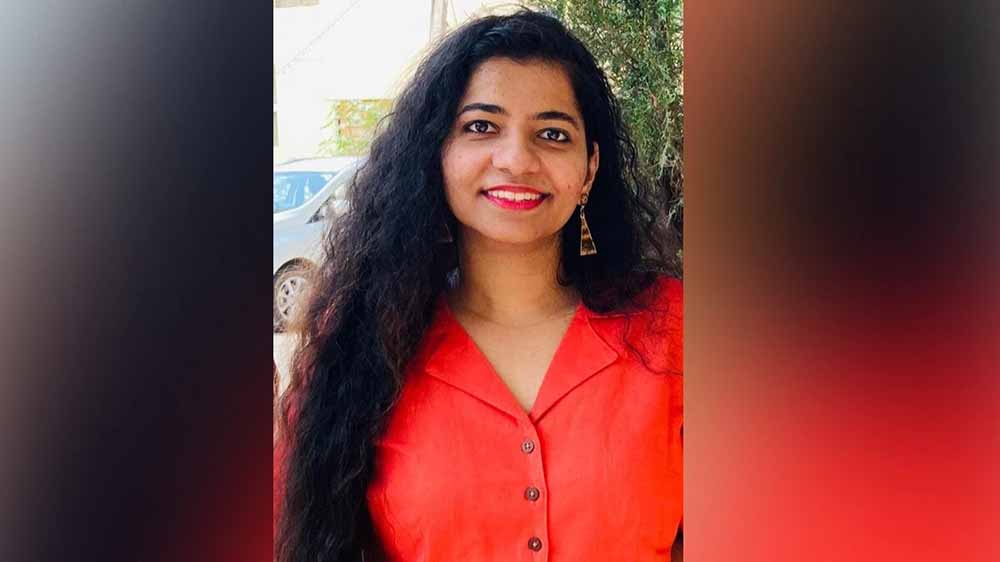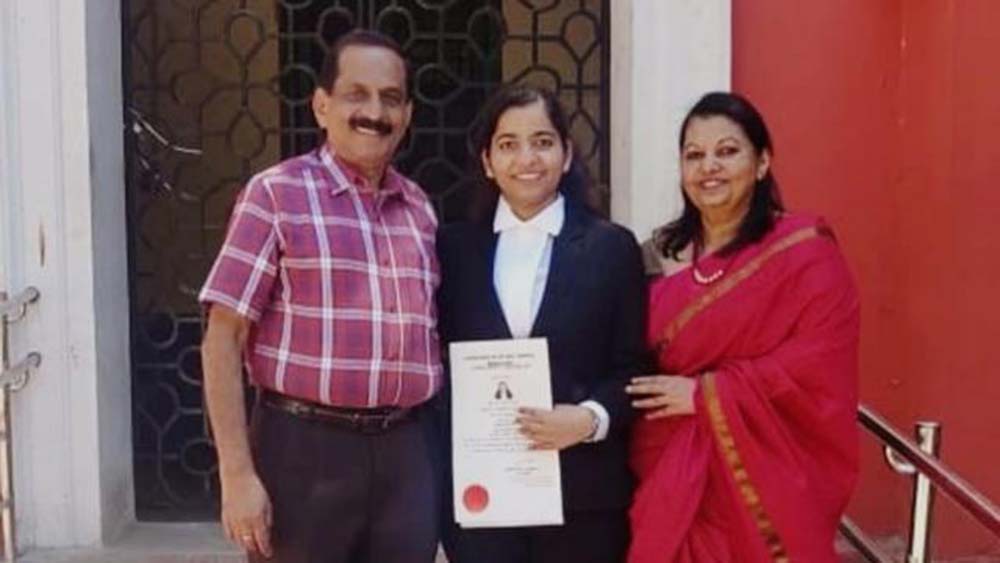Meet 27-year-old Sarah Sunny from Bengaluru, who became the first practicing deaf lawyer to present her case in the Supreme Court. She etched her name in Indian judicial history on September 22, 2023, making a significant stride towards inclusivity and accessibility in the Indian legal framework.
Despite facing initial challenges in the lower courts, where interpreters were not permitted due to concerns over legal terminology comprehension, Sarah persevered, submitting written arguments to advocate for her clients. However, her appearance before Chief Justice DY Chandrachud marked a turning point, with the court allowing a sign language interpreter to assist her, setting a precedent for accessibility in the legal system.
According to the World Health Organization (WHO), 63 million individuals in India grapple with significant auditory impairment, highlighting a pressing need for inclusive educational opportunities and support systems. Shockingly, only 5 per cent of hearing-impaired children receive basic schooling, while a mere 1 per cent of the overall deaf population has access to quality education.

(Photo Courtesy: India Today)
Sarah comes from a remarkable family. Both her twin sister, Maria Sunny, and her brother, Pratik Kuruvilla, share her experience of being deaf. Despite the challenges they faced, their parents made a deliberate choice not to enroll them in special schools for the deaf. Instead, they sought out institutions that would embrace and accommodate all three siblings, a task that wasn't easy but ultimately successful.
This helped Sarah pursue her dream of studying law at St Joseph's College in Bengaluru, where she graduated. She was among the inaugural batch of graduates from the institution. Presently, she practices law and actively contributes to the Human Rights Law Network.
Sarah navigated her law course with the assistance of a supportive friend and her siblings. In 2021, she took a significant step forward by passing the bar exam and officially becoming an advocate, embarking on her career in law.
Since Sarah's initial appearance with her personal interpreter, the Supreme Court has taken a significant step forward. It has instructed its registry to assign an interpreter specifically for Sarah whenever she presents her case before the court. Moreover, the Court has pledged to cover the expenses for this interpreter, marking a notable departure from past practices. This move represents the first instance where the top court has taken the responsibility of appointing an interpreter at its own expense for a lawyer.
Sarah Sunny’s case, centred on the rights of persons with disabilities, resonated far beyond the courtroom, symbolising a triumph of inclusivity and perseverance.

(Photo Courtesy: BBC)
On the day of her appearance in court, Advocate on Record (AoR) Sanchita Ain, representing Sarah Sunny, appealed to the bench led by Chief Justice of India DY Chandrachud to allow sign language interpreter Saurav Roy Chowdhury to assist Sarah during court sessions. Throughout the proceedings, Saurav conveyed the events to Sarah using sign language, earning commendation from Solicitor General Tushar Mehta for his swift and accurate interpretation.
Driven by her passion for justice and a desire to make a difference to people with hearing loss, Sarah chose to become a lawyer. Her motivation wasn't just about personal interest but also about advocating for inclusivity and representation in the legal world. Along the way, she encountered challenges, but her determination never wavered.
Sarah's big moment in court sparked some important changes. The Supreme Court decided to make things easier for people with disabilities. They started appointing interpreters and making rules to ensure everyone could understand what was going on. It showed they were serious about including everyone and understanding the difficulties faced by people with disabilities.
Sarah's story is still making waves and creating change. She's become a symbol of hope for a legal system that's fairer and more open to everyone. Her determination and advocacy haven't just made history; it has helped create a society where everyone has a fair shot.